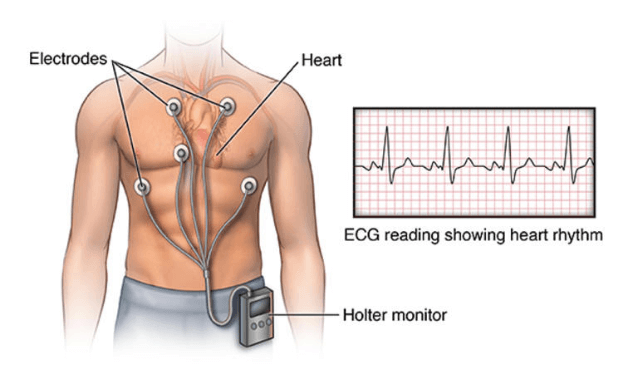High Cholesterol – Risk Factors & Effects on Heart
If you have too much cholesterol in your blood, it can combine with other substances in the blood and stick to the walls of your arteries. Cholesterol, in combination with other blood substances that sticks to your arteries, is called plaque. Plaque can continue to build up in your arteries, making them narrow or even block them.
High cholesterol levels in the blood can increase your risk of developing a heart disease. If you have high cholesterol, you won’t be having any signs or symptoms as there are no signs that tell that you have high blood cholesterol. You will have to undergo a blood test to know cholesterol levels in your blood. If you have decreased blood flow in the heart, then an expert doctor would certainly suggest you to get an echocardiogram done. If you are looking to get an echocardiogram checkup in Jaipur, you can visit Jaipur Heart and Multispeciality Centre that is equipped with state-of-the-art cath labs, facilities and a core team of heart specialists to provide the best course of treatment for heart ailments.
Factors that Affect Cholesterol Levels in the Body –
There are many factors that can affect cholesterol levels in your body. Here are the important ones –
- Age – Cholesterol levels in the body are known to rise after 20 years of age
- Overweight – If you are overweight or obese, you may be having higher bad cholesterol levels
- No physical activity – Not exercising may lower good cholesterol levels
- Family history – If your family members have or had high cholesterol, you may also suffer from it
- Food habits – Eating too much saturated fat, trans fat, and cholesterol can raise your cholesterol levels
- Smoke- If you smoke you may be at a higher risk of increasing your cholesterol levels
Effects of High Cholesterol Level on the Heart

-
Coronary Artery Disease
Coronary Artery Disease or CAD is the most common heart disease. The condition occurs when arteries which supply blood to muscles of the heart become hardened and narrowed due to the buildup of plaque on their inner walls.
-
Stroke
High plaque buildup can lead to reduced or complete cut off of blood supply to an important part of the brain; this is called a stroke.
-
Heart Attack
Plaque buildup in the arteries that supply blood to the heart is called atherosclerosis. In due course of time, a piece of the plaque can break off and a blood clot can form around it. This clot can block blood flow to the heart muscle and deprive it of oxygen and nutrient, leading to a heart attack.
Exercise more and eat healthy, to lower your cholesterol levels. If required, consult a cardiac specialist and take proper medicine.





